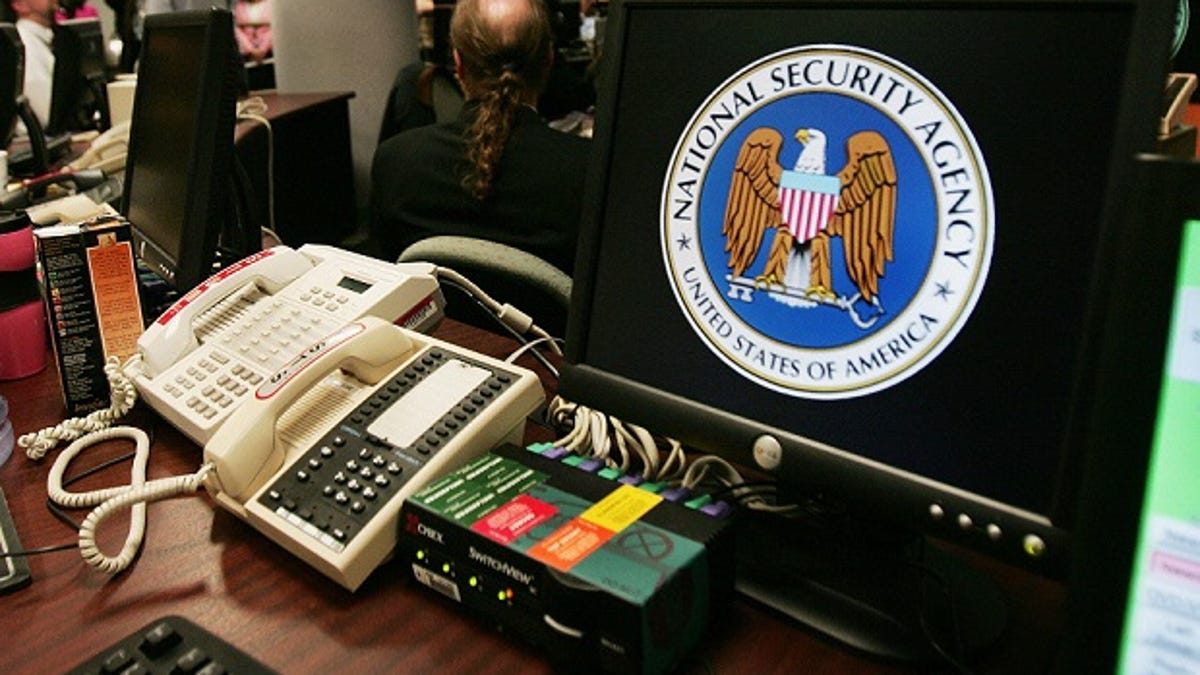NSA never heard CIA's concerns about Snowden -- report
The CIA suspected that then-employee Edward Snowden wanted to break into classified computer files, a new report says. But that didn't prevent Snowden from moving on to a job as a contractor with the NSA.

Update, October 17 at 5:18 p.m.: Edward Sonwden says the Times report is inaccurate; you can read about that here.
The CIA suspected Edward Snowden of trying to get his hands on classified files when he worked for the outfit in 2009, a new report says, but that info didn't make it to the National Security Agency, where Snowden next worked as a contractor, and where he leaked the secret documents that have touched off a furor over NSA surveillance.
Snowden's supervisor at the CIA dropped a note into Snowden's personnel file, "noting a distinct change in the young man's behavior and work habits" as well as the suspicions over classified documents, The New York Times reports, citing two unnamed senior American officials. Snowden subsequently left the agency, his security credentials intact, and went to work for NSA contractor Booz Allen Hamilton.
The Times story says that at the time, "the electronic systems the CIA and NSA [used] to manage the security clearances for its full-time and contracted employees [were] intended to track major rule-based infractions, not less serious complaints about personal behavior...Thus, lesser derogatory information about Mr. Snowden was unlikely to have been given to the NSA unless it was specifically requested." That system has since been changed and such info is forwarded on, the Times reports.
The news may well add to concern about the management and communication processes of the NSA and the larger intelligence community, as well as to more specific questions about the issuing of security clearances and the use of private contractors.
Congress is examining the clearance process, after the Snowden leaks and the recent shootings at Washington's Navy Yard. As USA Today has pointed out, the beefing up of national security agencies after the September 11, 2001, terror attacks created pressure for more clearances, causing the federal Office of Personnel Management to outsource parts of the process to private contractors. Inquiries have revealed that some background checks have been incomplete and some have involved falsified reports.
Private contractors, overseen by the Army Corps of Engineers, are also handling the building of the NSA's main data center, which has suffered a series of blow-outs in its electrical system that have kept the center offline for a year.
In both the security-clearance and construction situations, corner-cutting has been cited as part of the problem.
As for broader concerns about communication and management systems, Director of National Intelligence James R. Clapper recently suggested that the NSA doesn't always comprehend its own processes. Clapper attributed "compliance incidents" regarding illegal searches of Americans' phone records to the technological complexity of the system involved and to "gaps in understanding" among NSA staff.
In regard to the CIA's suspicions about Snowden, the Times said, "spokesmen for the CIA, NSA, and FBI all declined to comment on the precise nature of the warning and why it was not forwarded, citing the investigation into Mr. Snowden's activities."
Update, October 17 at 5:18 p.m.: Edward Sonwden says the Times report is inaccurate; you can read about that here.

